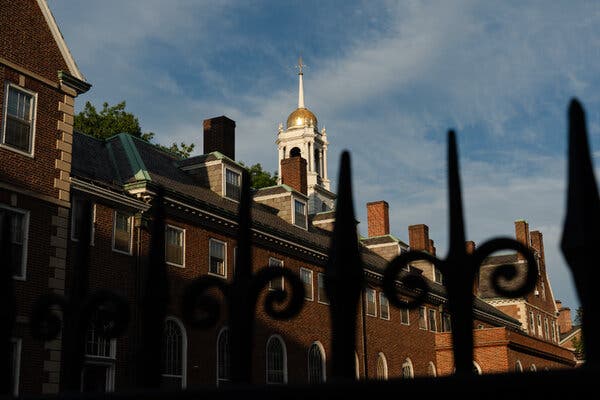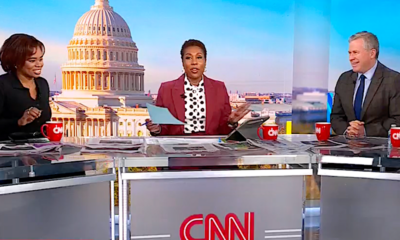Education
Harvard to Comply with Trump Administration’s Employee Records Request

Harvard University has announced its decision to share thousands of employment eligibility verification forms, known as Form I-9, with the federal government. This move follows a request from the Trump administration, made earlier this month, to review the university’s employment records. The university’s human resources office communicated this development on Tuesday, amid ongoing negotiations with the White House regarding research funding and academic independence.
Scope of the Records Request
The request from the Department of Homeland Security was extensive. It sought the I-9 forms for all current Harvard employees, as well as those employed over the past year. While the breadth of this request raised eyebrows, it falls within the government’s established authority to inspect such records. The Trump administration has increasingly exercised this power in recent months, prompting discussions about the implications for academic institutions.
Form I-9 is a critical document that requires individuals to confirm their citizenship or immigration status. Employers, in turn, must verify these claims using various supporting documents. In its notice, Homeland Security Investigations informed Harvard that it intended to utilize the records to “assess your compliance with the federal laws and regulations applicable to employment eligibility verification.” Violations related to Form I-9 can result in both civil and criminal penalties, emphasizing the seriousness of the matter.
In a statement, Harvard’s human resources office indicated that it would not immediately provide access to forms completed by individuals in positions “only open to students.” The university is currently evaluating whether an educational privacy law may shield those documents from disclosure. Despite this, Harvard affirmed its commitment to comply with federal law and plans to provide the requested records.
Concerns Over Government Overreach
Harvard expressed surprise at the scale of the government’s request, noting that it is uncommon for authorities to demand all Form I-9s along with their supporting materials from an employer. The university highlighted concerns about the implications of such expansive scrutiny. On July 8, when the notice was issued, Harvard also received subpoenas that included demands for payroll records, years of disciplinary files, and recordings of international students protesting on campus since 2020.
In response to these developments, Harvard described the subpoenas as “unwarranted.” The university stated, “The administration’s ongoing retaliatory actions come as Harvard continues to defend itself and its students, faculty, and staff against harmful government overreach aimed at dictating whom private universities can admit and hire, and what they can teach.” This sentiment reflects a broader apprehension among academic institutions regarding the government’s increasing scrutiny and its potential impact on academic freedom.
The Department of Homeland Security has not yet responded to requests for further comment on this matter, leaving many to wonder about the broader implications of such actions on higher education in the United States. As Harvard navigates this complex situation, the outcome may have significant repercussions for its operations and the landscape of academic autonomy.
-

 Technology5 months ago
Technology5 months agoDiscover the Top 10 Calorie Counting Apps of 2025
-

 Technology3 weeks ago
Technology3 weeks agoOpenAI to Implement Age Verification for ChatGPT by December 2025
-

 Health3 months ago
Health3 months agoBella Hadid Shares Health Update After Treatment for Lyme Disease
-

 Health3 months ago
Health3 months agoAnalysts Project Stronger Growth for Apple’s iPhone 17 Lineup
-

 Health4 months ago
Health4 months agoErin Bates Shares Recovery Update Following Sepsis Complications
-

 Technology5 months ago
Technology5 months agoDiscover How to Reverse Image Search Using ChatGPT Effortlessly
-

 Technology3 months ago
Technology3 months agoElectric Moto Influencer Surronster Arrested in Tijuana
-

 Technology5 months ago
Technology5 months agoMeta Initiates $60B AI Data Center Expansion, Starting in Ohio
-

 Technology2 months ago
Technology2 months agoDiscover 2025’s Top GPUs for Exceptional 4K Gaming Performance
-

 Technology5 months ago
Technology5 months agoRecovering a Suspended TikTok Account: A Step-by-Step Guide
-

 Health5 months ago
Health5 months agoTested: Rab Firewall Mountain Jacket Survives Harsh Conditions
-

 Lifestyle5 months ago
Lifestyle5 months agoBelton Family Reunites After Daughter Survives Hill Country Floods





















